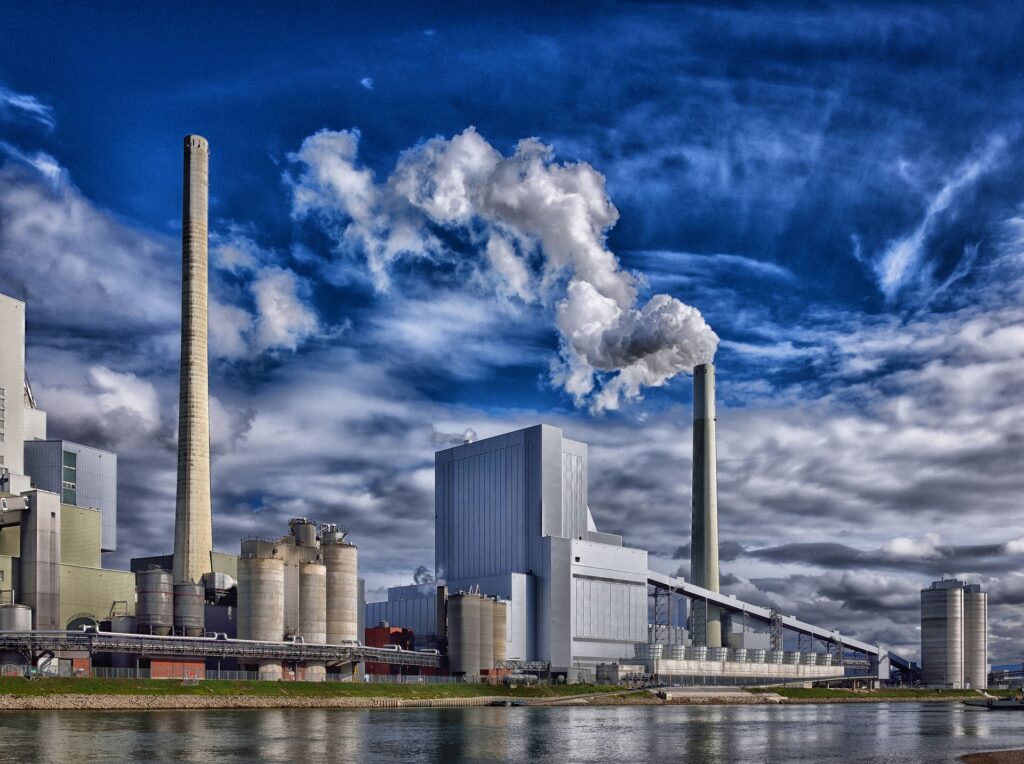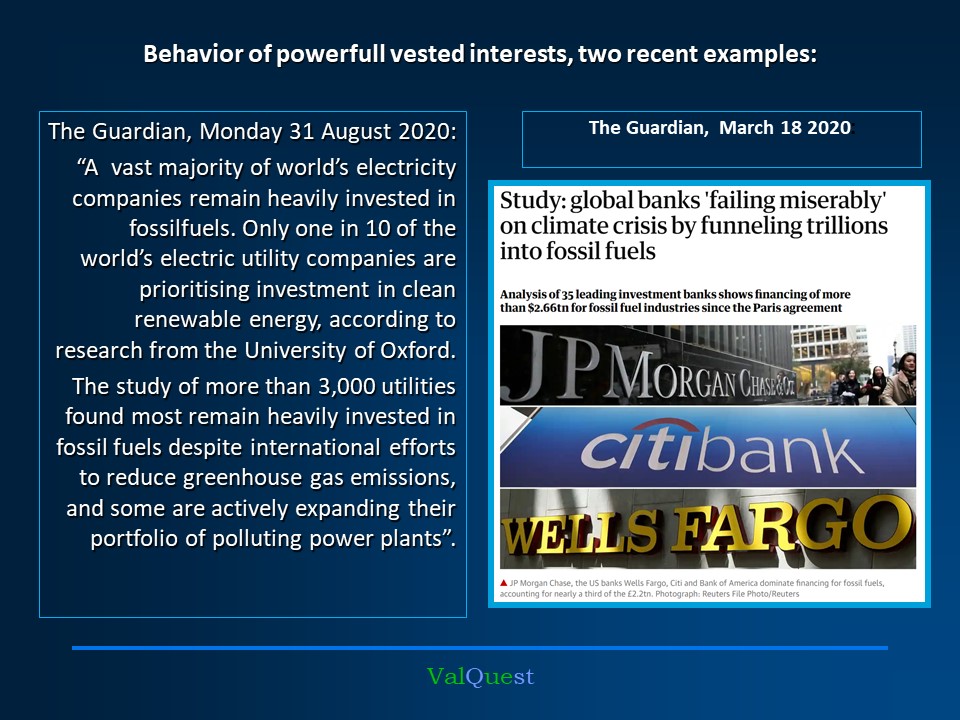
Apparently, there is nothing new under the sun. Niccolo Machiavelli was an Italian Renaissance diplomat, philosopher and writer. He published “The Prince” [Il Principe] in 1532. In it he argued that politics have always been executed with deception and treachery; but he also stated that a ruler who is criticized for his treacherous or even violent deeds should be excused when the intention and the result for society is beneficial. The term Machiavellian often connotes political deceit, deviousness, and “realpolitik”.
Wikipedia citation: “Merchants of Doubt: How a Handful of Scientists Obscured the Truth on Issues from Tobacco Smoke to Global Warming is a 2010 non-fiction book by American historians of science Naomi Oreskes and Erik M. Conway. It identifies parallels between the global warming controversy and earlier controversies over tobacco smoking, acid rain, DDT, and the hole in the ozone layer. Oreskes and Conway write that in each case ´keeping the controversy alive` by spreading doubt and confusion after a scientific consensus had been reached was the basic strategy of those opposing action. … A handful of politically conservative scientists, with strong ties to particular industries, have played a disproportionate role in debates about controversial questions …. which has had an influence on public opinion and policy-making.”
“The book criticizes the so-called Merchants of Doubt, some predominantly American science key players, above all Bill Nierenberg, Fred Seitz, and Fred Singer. All three are physicists: Singer was a space and satellite researcher, whereas Nierenberg and Seitz worked on the atomic bomb. The book claims that these scientists have challenged and diluted the scientific consensus in the various fields, such as the dangers of smoking, the effects of acid rain, the existence of the “ozone hole”, and the existence of anthropogenic climate change. Seitz and Singer have been involved with institutions such as The Heritage Foundation, Competitive Enterprise Institute, and George C. Marshall Institute in the United States. Funded by corporations and conservative foundations, these organizations have opposed many forms of state intervention or regulation of U.S. citizens.
The book lists similar tactics in each case: “discredit the science, disseminate false information, spread confusion, and promote doubt”. The book states that Seitz, Singer, Nierenberg, and Robert Jastrow were all fiercely anti-communist and they viewed government regulation as a step towards socialism and communism. The authors argue that, with the collapse of the Soviet Union, they looked for another great threat to free-market capitalism and found it in environmentalism. They feared that an overreaction to environmental problems would lead to heavy-handed government intervention in the marketplace and intrusion into people’s lives. Oreskes and Conway state: ´small numbers of people can have large, negative impacts, especially if they are organized, determined and have access to power`. End of Wikipedia citation.

Shell published its annual sustainability report in mid-April 2021. In it, the group reiterates the long-term goal of being [net] CO2 neutral by 2050. However, in the period up to 2030, Shell plans to ramp up oil and gas production, which is likely to keep the company’s net CO2 emissions rising. Shell emits approximately 1.7 billion tons of CO2 annually. That is about ten times as much as the whole of the Netherlands.
Shell’s external auditor, Ernst & Young, calls it “neither possible nor appropriate” to state that the group is acting in line with climate goals. The current policy is not in line with Shell’s goal of being CO2 neutral by 2050 at the latest. Ernst & Young works on behalf of the company’s audit committee for Shell’s 2020 annual report.
NGO Milieudefensie has filed a lawsuit with seventeen thousand co-plaintiffs about the climate impact of Shell. In it, the company is called upon to reduce its emissions by 45 percent in the run-up to 2030. The ruling in this climate case will follow on May 26.
photo: marion wellmann [via pixabay]


Atlas Network is a financially very strong non-profit organization connecting a vast global network of more than 475 free-market organizations in over 90 countries to the ideas and resources needed to advance the cause of the neo-liberal ideology. To mention just some of its members in the USA: American Enterprise Institute, Ayn Rand Institute, CATO Institute, Heritage Foundation, Hoover Institution, Mont Pelerin Society.

The Paris Agreement of December 2015 was only for individual nations to sign, but the Paris Pledge for Action was signed at the same time by several businesses, NGOs, investors, and other signatories. Very few global banks signed the pledge. On March 18, 2020, The Guardian wrote:
“The world’s largest investment banks have funneled more than $2.66 trillion into fossil fuels since the Paris agreement, new figures show…The US bank JP Morgan Chase, whose economists warned that the climate crisis threatens the survival of humanity last month, has been the largest financier of fossil fuels in the four years since the agreement, providing over £220bn of financial services to extract oil, gas, and coal”. Please find the whole article here:
The Volkswagen emissions scandal, “Dieselgate” began in 2015, when the USA Environmental Protection Agency issued a notice of violation of the Clean Air Act to the automaker.
It found that their diesel engines emitted up to 40 times more NOx in real-world driving than their laboratory tests showed.
As of April 2021, the scandal had cost Volkswagen corporation $39 billion in fines, penalties, financial settlements, and buyback costs. Plus a huge dent in their quality and reliability image. Of which the costs are hard to calculate.

“The difficulty lies not so much in developing new ideas, as in escaping from old ones.”
John Maynard Keynes



This website is a personal narrative, based on 50 years experience in international business, non governmental organisations and consulting practise. My guest lectures at the Institute of Environmental Sciences [Leiden University, The Netherlands] are derived from it.
Ludo van Oyen – Brussels, 2021
Some photos are taken from the web. If you think your photo is used and you disagree, please send me an e-mail and I will remove it from this site.